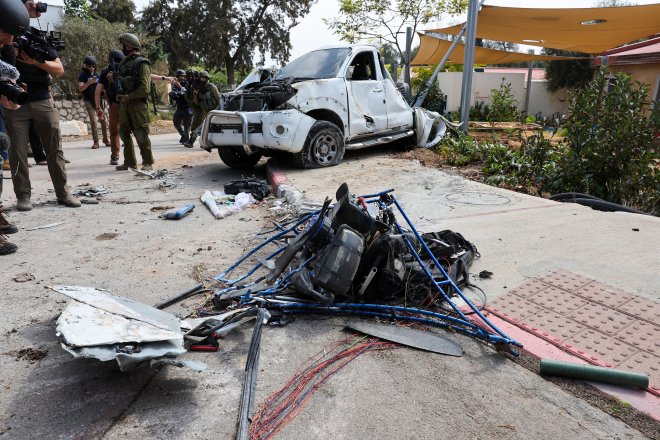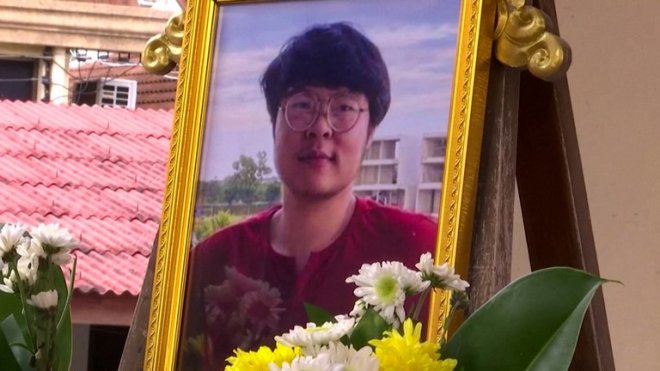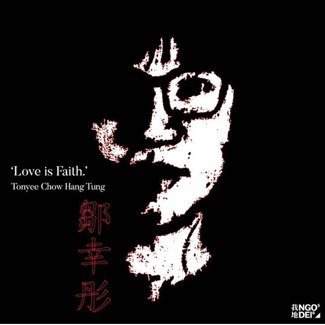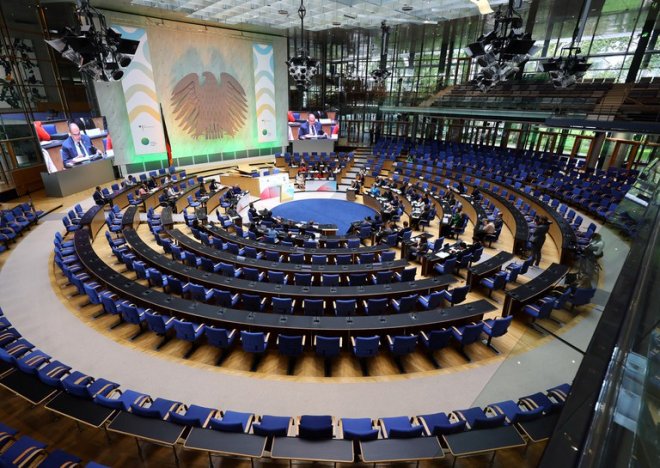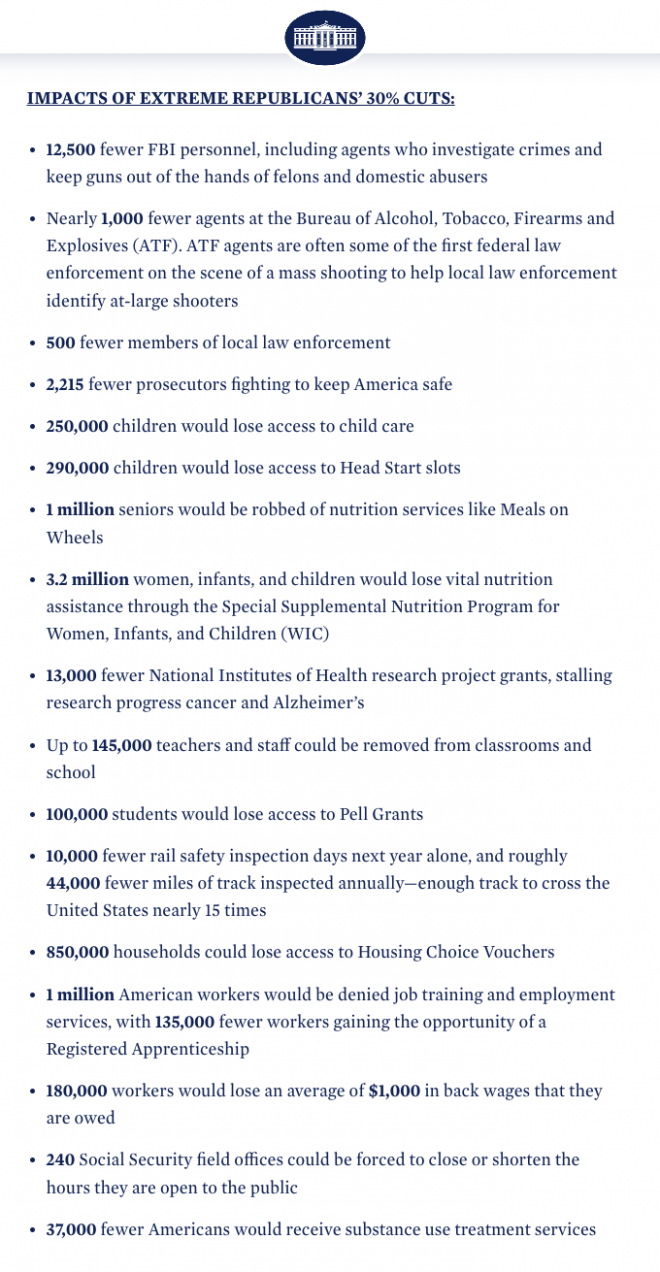Rudd: US and China risk war ‘by accident’
China and America are at risk of increasing tensions until a crisis leads to war “by accident,” Australia’s incoming ambassador to the United States, Kevin Rudd, said in an interview on Wednesday.
The Mandarin-speaking former Australian prime minister and foreign minister and current president of the New York-based Asia Society takes the reins as Canberra’s top diplomat in Washington this month.
Speaking to ABC Australia’s “7.30” program from New York, Rudd said Washington and Beijing risked sleepwalking into a conflict.
“The overall state of the U.S.-China relationship is in bad strategic repair,” said Rudd, a career diplomat who served as Australia’s prime minister between 2007 and 2010 and again in 2013.
Australia, he said, must help bridge the gap between China, which is Australia’s main trading partner, and the United States, which has served as the country’s military guarantor since World War II.
“Our job as friends, partners and allies of the United States – and as strategic partners with China – is to encourage both Beijing and Washington to move in the direction of a new strategic framework of managed strategic competition, to build new strategic guardrails into their relationships so that we do not end up with a crisis, escalation and war by accident,” he said.
“That, I think, is a responsibility we share with all U.S. allies around the world and partners of China.”
Tides of war
Rudd’s comments came in response to a spate of warnings from Beijing, including from new Foreign Minister Qin Gang, the former Chinese ambassador to Washington, who used his first media appearance in the role on Tuesday to warn of inevitable conflict “if the U.S. does not hit the brakes” in its approach to China.
Chinese President Xi Jinping on Monday also claimed “Western countries led by the United States have implemented all-round containment, encirclement and suppression of China,” and on Wednesday called for the military to upgrade “more quickly.”
Rudd said he found it surprising for Chinese leaders to openly “point to the possible inevitability of conflict” with the United States.
“It was unusual, and it was blunt,” Rudd said. “In fact, I"ve been struggling for the last 24 hours to find a time when a Chinese paramount leader has attacked the United States by name. I think you have to go back, probably, to the 90s. So this is unusual.”
But he added that the statements “need to be understood in China"s domestic political context” – as a way for Xi and Qin to express to Chinese citizens problems they face due to “external pressures.”
“Both [Qin’s] statements and those of President Xi Jinping, I think, are very mindful of China"s domestic challenges at present,” Rudd said, listing, in particular, “the fact that economic growth has been very slow during 2022 [and] that there has been a whole lot of domestic political reaction to COVID pressures as well.”
Submarines
Australian Prime Minister Anthony Albanese, British Prime Minister Rishi Sunak and U.S. President Joe Biden are expected to meet in San Diego, California, on Monday as part of the new military and security pact between the three nations known as AUKUS.
Albanese served as Rudd’s deputy prime minister in 2013 and came to power last year pledging a more diplomatic approach than the outgoing conservative government when it comes to managing Australia’s balancing act between Beijing and Washington.
Yet he has continued Canberra’s participation in the AUKUS pact and the related “Quad” partnership between Australia, India, Japan and the United States aimed at countering China’s growing influence in the Indo-Pacific, and is set to announce the purchase of a number of U.S.-made nuclear-powered submarines at Monday’s event.
Albanese is currently in India, and appeared in an extravagant pre-game show alongside Indian Prime Minister Narendra Modi on the morning before the start of a major cricket match between the two countries at a stadium recently renamed after the Indian prime minister in his hometown of Ahmedabad on Thursday.
Asked on the 7.30 program if such U.S.-led regional alliances aimed at China risked provoking Beijing into attacking Australia, Rudd said he did not believe so, even if they clearly irked China’s leaders.
“Chinese long-term doctrine, going back decades, has been one of fairly open hostility towards the retention of any alliance structures in Asia, or beyond Asia, which they regard … as relics of the Cold War era,” Rudd said, adding Australia never “accepted that logic.”
Due to Australia’s enormous territorial size relative to its economy and military, he argued, entering into multilateral security pacts with like-minded allies was “acting in our national interest.”
“We regard the alliance with the United States as part and parcel of the fabric of Australia"s overall national security,” he said.
Edited by Malcolm Foster.
[圖擷取自網路,如有疑問請私訊]
The Mandarin-speaking former Australian prime minister and foreign minister and current president of the New York-based Asia Society takes the reins as Canberra’s top diplomat in Washington this month.
Speaking to ABC Australia’s “7.30” program from New York, Rudd said Washington and Beijing risked sleepwalking into a conflict.
“The overall state of the U.S.-China relationship is in bad strategic repair,” said Rudd, a career diplomat who served as Australia’s prime minister between 2007 and 2010 and again in 2013.
Australia, he said, must help bridge the gap between China, which is Australia’s main trading partner, and the United States, which has served as the country’s military guarantor since World War II.
“Our job as friends, partners and allies of the United States – and as strategic partners with China – is to encourage both Beijing and Washington to move in the direction of a new strategic framework of managed strategic competition, to build new strategic guardrails into their relationships so that we do not end up with a crisis, escalation and war by accident,” he said.
“That, I think, is a responsibility we share with all U.S. allies around the world and partners of China.”
Tides of war
Rudd’s comments came in response to a spate of warnings from Beijing, including from new Foreign Minister Qin Gang, the former Chinese ambassador to Washington, who used his first media appearance in the role on Tuesday to warn of inevitable conflict “if the U.S. does not hit the brakes” in its approach to China.
Chinese President Xi Jinping on Monday also claimed “Western countries led by the United States have implemented all-round containment, encirclement and suppression of China,” and on Wednesday called for the military to upgrade “more quickly.”
Rudd said he found it surprising for Chinese leaders to openly “point to the possible inevitability of conflict” with the United States.
“It was unusual, and it was blunt,” Rudd said. “In fact, I"ve been struggling for the last 24 hours to find a time when a Chinese paramount leader has attacked the United States by name. I think you have to go back, probably, to the 90s. So this is unusual.”
But he added that the statements “need to be understood in China"s domestic political context” – as a way for Xi and Qin to express to Chinese citizens problems they face due to “external pressures.”
“Both [Qin’s] statements and those of President Xi Jinping, I think, are very mindful of China"s domestic challenges at present,” Rudd said, listing, in particular, “the fact that economic growth has been very slow during 2022 [and] that there has been a whole lot of domestic political reaction to COVID pressures as well.”
Submarines
Australian Prime Minister Anthony Albanese, British Prime Minister Rishi Sunak and U.S. President Joe Biden are expected to meet in San Diego, California, on Monday as part of the new military and security pact between the three nations known as AUKUS.
Albanese served as Rudd’s deputy prime minister in 2013 and came to power last year pledging a more diplomatic approach than the outgoing conservative government when it comes to managing Australia’s balancing act between Beijing and Washington.
Yet he has continued Canberra’s participation in the AUKUS pact and the related “Quad” partnership between Australia, India, Japan and the United States aimed at countering China’s growing influence in the Indo-Pacific, and is set to announce the purchase of a number of U.S.-made nuclear-powered submarines at Monday’s event.
Albanese is currently in India, and appeared in an extravagant pre-game show alongside Indian Prime Minister Narendra Modi on the morning before the start of a major cricket match between the two countries at a stadium recently renamed after the Indian prime minister in his hometown of Ahmedabad on Thursday.
Asked on the 7.30 program if such U.S.-led regional alliances aimed at China risked provoking Beijing into attacking Australia, Rudd said he did not believe so, even if they clearly irked China’s leaders.
“Chinese long-term doctrine, going back decades, has been one of fairly open hostility towards the retention of any alliance structures in Asia, or beyond Asia, which they regard … as relics of the Cold War era,” Rudd said, adding Australia never “accepted that logic.”
Due to Australia’s enormous territorial size relative to its economy and military, he argued, entering into multilateral security pacts with like-minded allies was “acting in our national interest.”
“We regard the alliance with the United States as part and parcel of the fabric of Australia"s overall national security,” he said.
Edited by Malcolm Foster.
[圖擷取自網路,如有疑問請私訊]
|
本篇 |
不想錯過? 請追蹤FB專頁! |
| 喜歡這篇嗎?快分享吧! |
相關文章
AsianNewsCast








